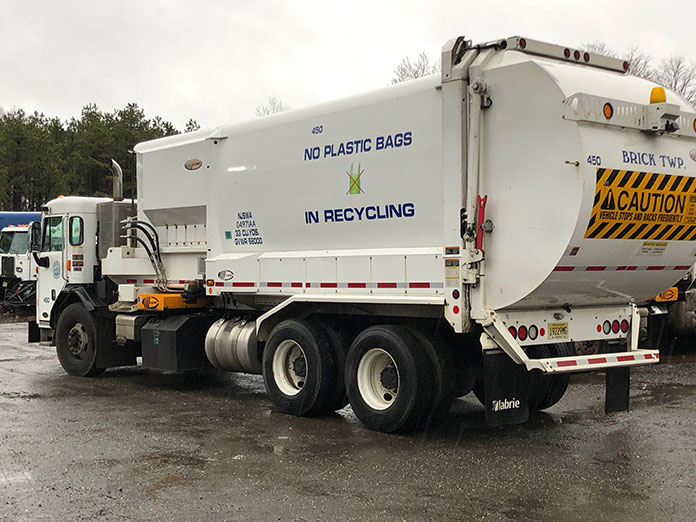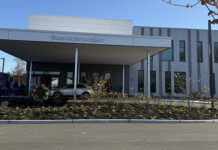
BRICK – Recycling not only conserves natural resources, but it benefits townships directly by saving money on “tipping fees” – or the amount Brick spends to dispose of waste at the county landfill – and also generates an average of $115,000 a year for the township in a State Tonnage Grant.
Brick Recycling Coordinator Trish Totaro said that India, Indonesia and Taiwan have been buying some of the recycling commodities, which include fiber/corrugated cardboard, aluminum and glass.
China was a market in the past, but is no longer, in part because the material was too contaminated. Ocean County and other areas across the nation have transitioned to “single stream” recycling where all recyclables go into the same bin. As a result, contamination from food and waste has left significant amounts of the recycled items unusable. China has imposed a 99.5 percent purity standard on the material.
Totaro and the other recycling coordinators from the municipalities in Ocean County had just returned from a tour of the Northern Ocean County Recycling Facility, which they must do once a year to maintain their certification. This is where the single stream recycling is sorted.
The coordinators meet several times a year to touch base and learn about news and industry initiatives, she said.
“The biggest takeaway is that the small batteries from the talking greeting cards and from small toys are causing so many fires,” she said. “It seems like a small thing, but it’s really having an impact.”
Plastic bags continue to be problematic at the recycling center. Some people collect their cans and bottles in the bags, which jam up the single-stream machine at the facility. The bags have to be manually removed by workers which results in extra expense and risk of worker injury.

The coordinators learned that an Ocean County resident put a rotary saw blade in their recycling bin, which cut a major belt at the recycling center and resulted in a $29,483 cost, not taking into account the production loss, Totaro said.
“They were probably trying to do the right thing (by trying to recycle the metal), but the machine was down for 10 days,” she said.
The big news this year is Governor Phil Murphy’s new law that bans NJ businesses from handing out single-use plastic bags, polystyrene food containers, plastic straws and paper bags. The law takes effect on May 22, 2021.
Totaro said that before the law goes into effect, her department is planning to have a reusable bag giveaway with an educational component on the state ban.
Meanwhile, the plastic bags can be recycled at most large grocery store chains, which have bins near the entrance. Other plastic wrapping such as dry cleaner bags, bulk plastic wrapping used for paper products, produce bags, plastic bread bags and more can be placed in with the grocery bags, Tortaro said.
Aside from generating income for the township, recycling also conserves natural resources such as timber, water and minerals. It prevents pollution by reducing the need to collect new raw materials, saves energy, and increases economic security by tapping a domestic source of materials.






